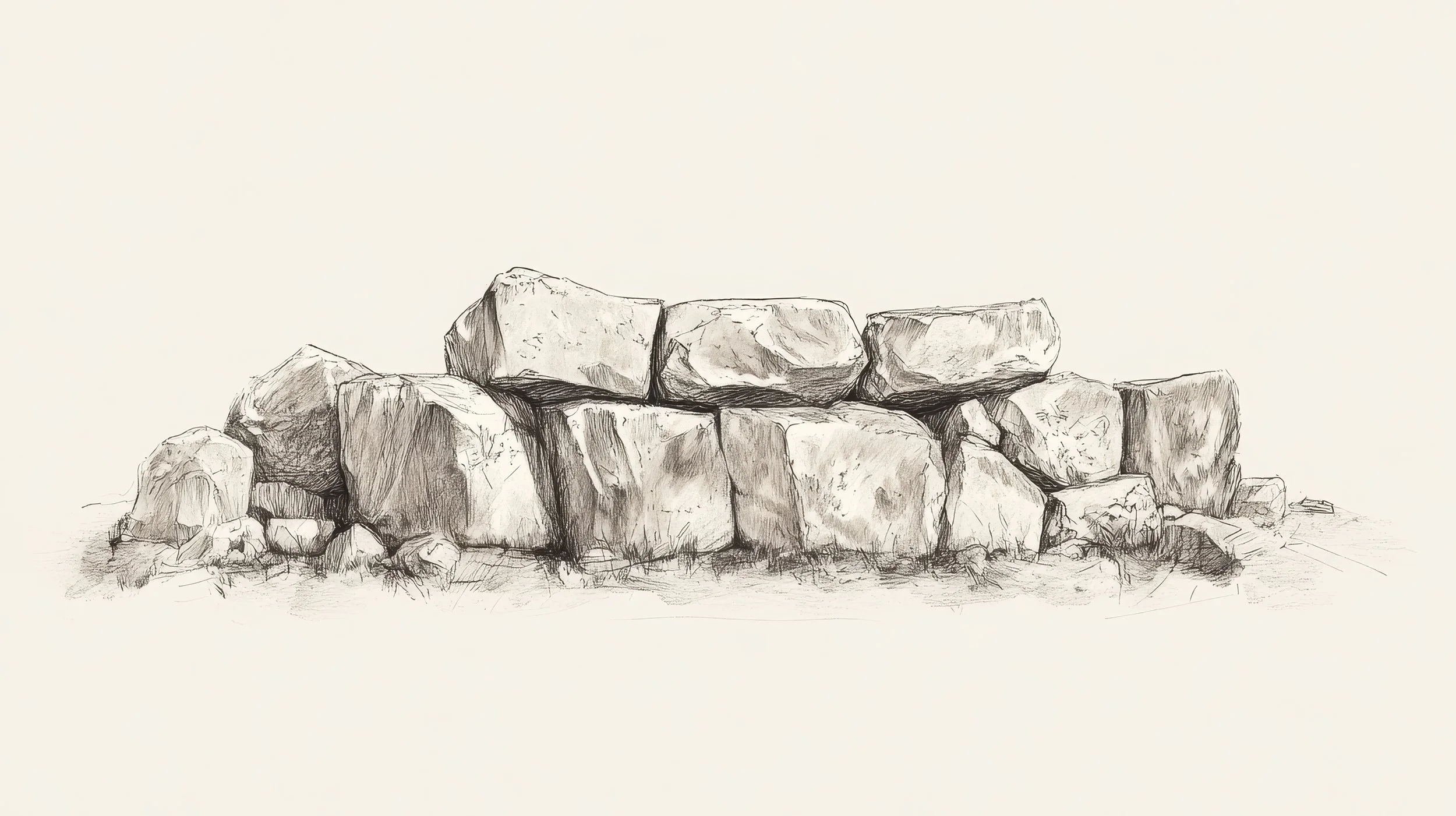Stewarding Your Story
Excerpted from the Stewardship Study Bible published by Zondervan.
When Paul is brought before Agrippa and given the opportunity to plead his case, he presents the gospel by telling his own story, including the electrifying account of his conversion. Most of us do not have stories as dramatic as Paul's, but anyone who has met Jesus has a story to tell. Our stories—not only the stories of our conversions, but the stories of our faith journeys and stewardship experiences—can be a source of insight and inspiration to others.
Author Eugene Peterson writes about the importance of story:
Existence has a story shape. The most adequate rendering of the world in words is by storytelling. It is the least specialized and most comprehensive form of the language. Everything and anything can be put into the story. And the moment it is in the story, it has meaning, participates in plot, is somehow or other significant. The biblical revelation comes to us in the form of a story. Nothing less than story is adequate to the largeness and intricacy of the truth of God and creation, or of the human fall and redemption.
Stories Build and Restore Faith
It is through storytelling in general that values are transmitted and morals are imparted.
Author Phili Kenneson explains:
Most cultures of the past have devoted considerable time and energy to the task of moral formation. In most of those cultures, this moral formation was facilitated largely by identifying exemplars to be imitated and through the telling of stories. Both practices mutually reinforced each other, because stories of virtuous people made it possible to recognize them in your midst, while flesh and blood exemplars served to remind us that the most powerful stories are embodied ones.
It is also important to tell and keep our stories alive for the generations that come after us. Stories about how God has provided for us—about how giving and receiving have caused us growth in faith and in community—are important so that we remember.
Stacking the Stones
When God parted the River Jordan so that the people of Israel could enter the Promised Land, Joshua gave them explicit instructions regarding the remembrance of their journey:
So Joshua called together the twelve men he had appointed from the Israelites, one from each tribe, and said to them, “Go over before the ark of the Lord your God into the middle of the Jordan. Each of you is to take up a stone on his shoulder, according to the number of the tribes of the Israelites, to serve as a sign among you. In the future, when your children ask you, ‘What do these stones mean?’ tell them that the flow of the Jordan was cut off before the ark of the covenant of the Lord. When it crossed the Jordan, the waters of the Jordan were cut off. These stones are to be a memorial to the people of Israel forever.”
- Joshua 4:4-7
Author Daniel Taylor reflects on this passage:
The [author] here is trying to convince his audience that when they remember who they are, where they have come from, and who their God is, they prosper. When they quit telling the stories, they no longer know who they are, and disaster ensues. That is why God tells Joshua to have each of the tribes of Israel contribute a rock to commemorate God's provision in leading them across the Jordan River. The rock monument in their midst will cause the children of the next generation to ask, "Why are those rocks there?" That question will prompt the story, and a new generation will understand the power of God. We, too, must build rock monuments, primarily in story form, to the values our experience has taught us are most crucial.
Faith & Finance Perspective
It’s easy to see how emerging generations can lose their way in their pursuit of truth and godly living. Each day, they’re bombarded with conflicting messages that cause them to question whether God is indeed good, an abundant provider, all-knowing, sovereign, and attentive to His people. They need to wrestle through the question, Who am I that you are mindful of me?
Unless those of us—who have journeyed with God, tasted of His goodness, and experienced the joy of stewarding His resources—tell our stories to the generations that follow, we may leave them wandering in the desert in search of the living water only Jesus can provide. They need to hear stories about how He met us and walked with us in the desert, through the valley, along the peak—and even in the middle of the river.
I will open my mouth with a parable; I will utter hidden things, things from of old—things we have heard and known, things our ancestors have told us. We will not hide them from their descendants; we will tell the next generation the praiseworthy deeds of the Lord, his power, and the wonders he has done.
- Psalm 78:2-4
How did God show up in your financial story? Email us at hello@faithandfinance.org.


